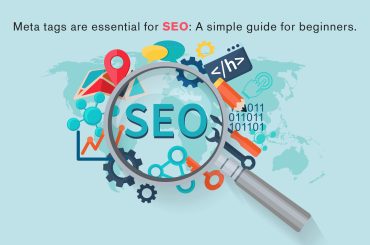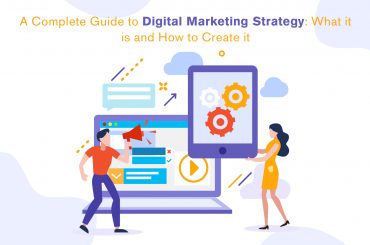Several commonly made SEO mistake can affect your website’s performance in search engine rankings, especially if you are in digital marketing.
If you want to avoid SEO mistake, it’s essential to understand what they are and how to fix them, so you don’t waste time, effort, and money on the wrong strategies for your business.
This article will help you figure out the most common SEO mistake to avoid weakening your search engine rankings.
Ignoring Site Loading Speed
According to one study, site loading speed is considered by visitors as one of their highest online priorities. If a site takes too long to load or it’s not mobile-friendly, search engines like Google won’t rank it, and users will begin looking for alternative sites.
This is why ignoring site loading speed can weaken your digital marketing rankings. If you have an ecommerce website that sells products, don’t ignore page loading speed – take steps to improve it immediately.
Targeting the Wrong Keywords
Web admins often make the SEO mistake of targeting the wrong keywords. For example, a web admin might optimize their website to rank highly for the term online marketing when they should be optimizing for digital marketing.
Different words may bring you more qualified traffic and boost your conversion rates by leaps and bounds, but you won’t find out if you focus on the wrong keywords.
Not Answering Search Intent Correctly
Google wants to give searchers what they want. Because of that, it doesn’t care how you format your content (for instance, whether or not you use headings and subheadings); instead, Google measures pages based on its ability to answer search intent correctly.
If you write a page about How to build a chair but don’t include any information about actually making a chair, your page will be seen as irrelevant.
Using Default Metadata
If you’re using a page builder like WordPress, Joomla, or Wix, it may have default metadata in place. While not all of these are bad for your site (depending on what they are), many add unnecessary information that can be a turnoff for Google.
The same is true for HTML meta tags—unless you know what you’re doing and why you need to use them, leave these alone! You don’t want any accidental metadata hurting your organic rankings.
Forgetting About Content Structure
If you’re writing your content, remember that words matter. Most people scan online content first (not surprisingly); they want to quickly get a sense of what you have to say and determine if it’s worth their time or not.
The best way to achieve that is by presenting good ol’ structure—divide up your paragraphs, make sure each has a topic sentence and supporting details, use concrete examples and action verbs in every sentence… you know how it goes.
Publishing Weak and Duplicate Content
Publishing duplicate content is one of the easiest ways to weaken your search ranking, and it’s a phenomenon that businesses are increasingly prone to making.
Not only do you need unique content on each page of your site; if you use some content across multiple pages or iterations of an existing page, those duplicate parts can and will impact your ability to rank in search results. Be diligent about differentiating content and think before you publish.
Conclusion
If you’re in digital marketing and serious about ranking well on Google, you must invest time and effort into creating high-quality content that people want to read. Ranking above your competitors will depend on it. Focusing solely on keyword density isn’t going to help, and ignoring advanced search engine optimization tactics like hiding text can hurt.
So make sure that you always use keywords when appropriate, but don’t overdo it. Above all else, make sure that your goal is always quality—and not a specific number of visitors or links (unless they are relevant). When done right, you won’t need any tricks to rank in Google at all; instead, good, high-quality content will be more than enough.
Frequently Asked Questions
1. What is SEO?
SEO, or search engine optimization, is a set of techniques and strategies that help websites rank higher in search results. There are an infinite number of SEO tactics, but a lot of them fall into these main categories:
- On-page SEO – Improving on-page factors like website copy and keywords can improve your site’s SEO.
- Off-site SEO – These days, SEO isn’t just limited to your own website—off-site activities like social media and content marketing can also affect your rankings.
2. What is content marketing?
Content marketing is a subset of digital marketing. It is content (text, video, images) that is created to market your products or services. The goal of content marketing is to gain more visibility and engagement in social media channels, search engines, and blogs.
While SEO and Social Media are also forms of digital marketing, content marketing aims to reach a wider audience by providing valuable information that helps your target audience solve a problem.





